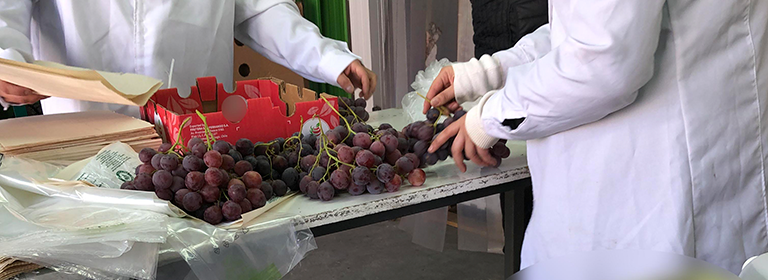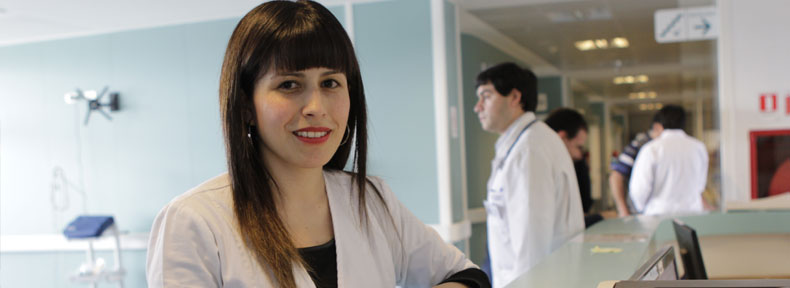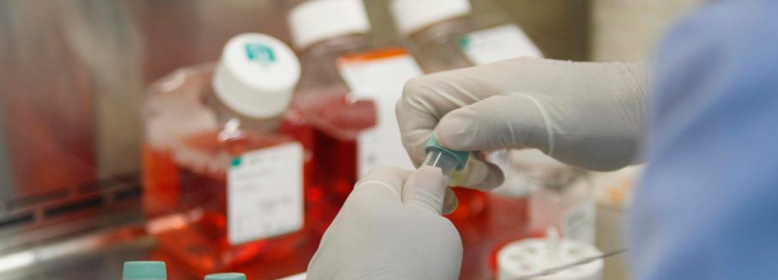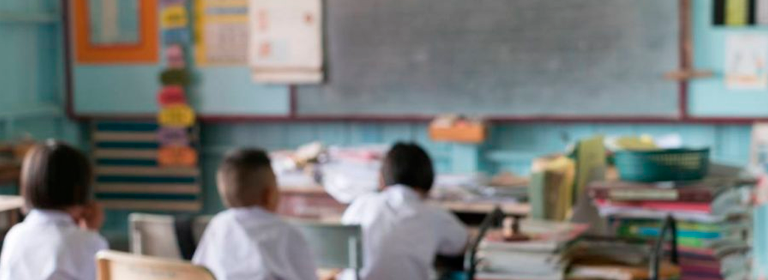The scientist from the Universidad Católica del Maule, Ph.D. Sara Cuadros managed to produce a film that prolongs the shelf life of fruits, opening an attractive opportunity for the export industry.
 A hydrogel created by a research team from the Universidad Católica del Maule (UCM), led by Ph.D. in Food Sciences, Sara Cuadros, could delay fruit rot in up to three weeks. The compound, which inhibits the growth of fungi, would prevent millions of dollars in losses due to rotting in the fruit export industry.
A hydrogel created by a research team from the Universidad Católica del Maule (UCM), led by Ph.D. in Food Sciences, Sara Cuadros, could delay fruit rot in up to three weeks. The compound, which inhibits the growth of fungi, would prevent millions of dollars in losses due to rotting in the fruit export industry.
«All depends on the storage temperature, but if the fruit is kept cold, the hydrogel delays the onset of rotting by at least three weeks. In case there was a breach in the cold chain, the protection maintains for one or two weeks,» said the academic from the Department of Agricultural and Forestry Sciences of the UCM. Cuadros led the project financed by the Regional Government of O’Higgins through the Innovation Fund for Regional Competitiveness (FIC-R, by its initials in Spanish).
“We prepared this hydrogel based on polymers and natural extracts with antifungal properties and incorporated it into the inner surface of the bags for packing table grapes. On account of the gradual emission of the volatile compounds encapsulated in the hydrogel is given the protection,” she added.
The hydrogel, which the study center seeks to patent as an original idea, corresponds to the result of three years of applied research. «During transportation —specified Cuadros—, the fruits are generally preserved in a cold chain at low temperatures. However, it is also necessary to put them in bags that often have a modified atmosphere, such as some gas emitters that, although they inhibit the growth of fungi, also cause damage to the fruits. It is necessary to seek alternative solutions.»
 Sustainable Product
Sustainable Product
Regarding hydrogel manufacturing, the scientist indicated that Chile has all the ingredients. «The product is sustainable because we have the raw materials and the industries that transform them, and, therefore, it also boosts the socioeconomic development of the country,» she pointed out.
For the commercial manager of «Envases PacLife«, Cristian Parra, who attended a seminar given by the academic in San Fernando, innovation represents an opportunity of leadership.
«For us inserting this sort of product would be a competitive advantage since we could present technology to the fruit and food industry. Allowing to make longer transits and arrive with a safer, more innocuous, and fresher product to the table final customer,» said the executive, whose company has clients in countries such as Peru, Argentina, Uruguay, Brazil, and Colombia.
“We would make a qualitative leap since we offer the industry a product that can be preserved but has no control over fungi and bacteria. This additive would offer a 2.0 container that would solve these drawbacks,” Cuadros stated.













